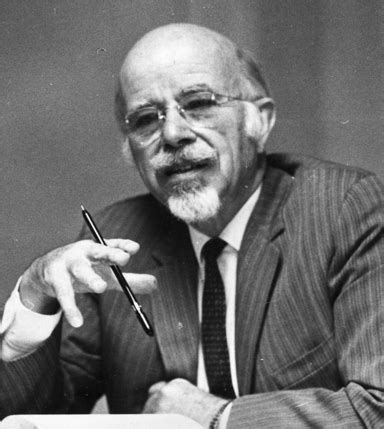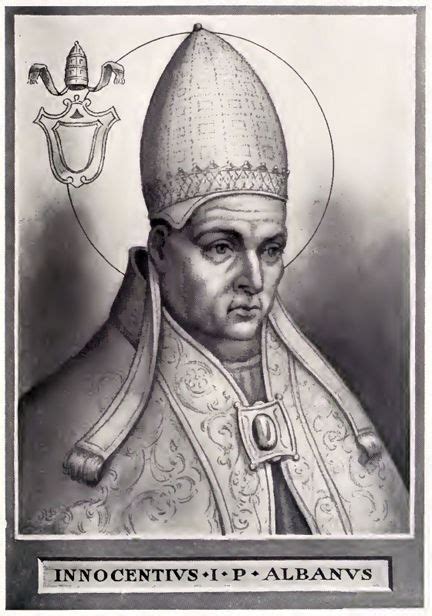A Quote by Charles Hodge
The Church, during the apostolic age, did not consist of isolated, independent congregations, but was one body, of which the separate churches were constituent members, each subject to all the rest, or to an authority which extended over all.
Related Quotes
There are congregations on nearly every corner. I'm not sure we need more churches. What we need is a church. I say one church is better than fifty. I have tried to remove the plural form churches from my vocabulary, training myself to think of the church as Christ did, and as the early Christians did. The metaphors for her are always singular - a body, a bride. I heard one gospel preacher say it like this, as he really wound up and broke a sweat: "We've got to unite ourselves as one body. Because Jesus is coming back, and he's coming back for a bride not a harem.
So the state founded on natural principles is wise as a whole in virtue of the knowledge inherent in its smallest constituent class, which exercises authority over the rest. And the smallest class is the one which naturally possesses that form of knowledge which alone of all others deserves the title of wisdom.
Thoughtful men, with hearts craving the truth, have come to seek in the Catholic Church the road which leads with surety to eternal life. They have understood that they could not cleave to Jesus Christ as the Head of the Church if they did not belong to the Body of Jesus Christ which is the Church. Nor could they ever hope to possess in all its purity the faith of Jesus Christ if they were to reject its legitimate teaching authority entrusted to Peter and his successors.
The Church is not segregated by region or cities. That's an antiquated view of the world. We are united with churches all over the world working toward common goals based on shared values. Mosaic is one of the most racially diverse churches on the planet. Our community and extended Church family is global and completely integrated.
There's one denomination in particular, though, that has pushed very hard to be multiracial in its denomination - not only its denomination but, I mean, in its congregations, and it's called the Evangelical Covenant Church, http://www.covchurch.org/ which is headquartered in Chicago. Their whole goal is that's the kind of churches they start, multiracial, and I think they say now 20 percent of their churches are that.
People are not losing their religious needs, but they are going to three places to get their needs met. One is to conservative churches, which, for all their social benightedness, nevertheless do present their congregations with a different view of reality. Second, they are going to Asian religions. Third, they are going to the New Age, which when I'm feeling cynical I refer to as "New Age frivolity," because some of it is rather flaky.
After the Church of Jesus Christ of Latter-day Saints was organized, there were only two churches upon the earth. They were known respectively as the Church of the Lamb of God and Babylon. The various organizations which are called churches throughout Christendom, though differing in their creeds and organizations, have one common origin. They all belong to Babylon
Theology is not a private subject for theologians only. Nor is it a private subject for professors. Fortunately, there have always been pastors who have understood more about theology than most professors. Nor is theology a private subject of study for pastors. Fortunately, there have repeatedly been congregation members, and often whole congregations, who have pursued theology energetically while their pastors were theological infants or barbarians. Theology is a matter for the Church.
That the legislative and executive powers of the State should be separate and distinct from the judiciary; and that the members of the two first may be restrained from oppression, by feeling and participating the burdens of the people, they should, at fixed periods, be reduced to a private station, return into that body from which they were originally taken, and the vacancies be supplied by frequent, certain, and regular elections, in which all, or any part of the former members, to be again eligible, or ineligible, as the laws shall direct.
One thing must be emphatically stated. The New Testament books did not become authoritative for the Church because they were formally included in a canonical list; on the contrary, the Church included them in her canon because she already regarded them as divinely inspired, recognizing their innate worth and generally apostolic authority, direct or indirect.



































